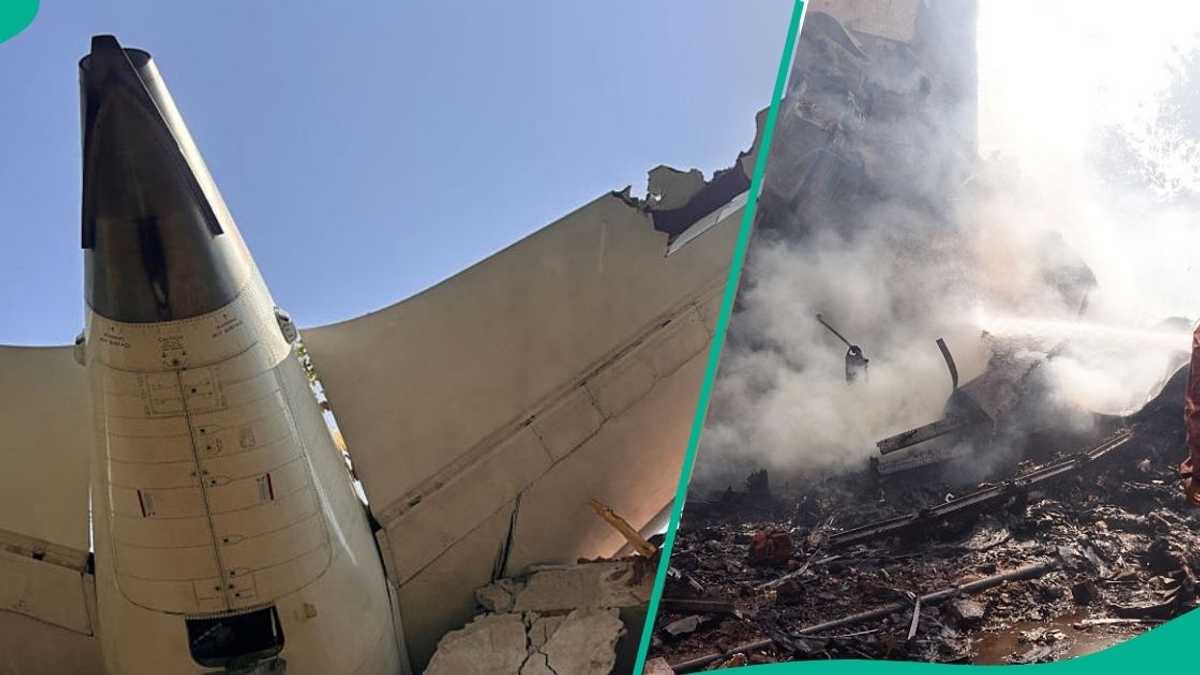Court stops implementation of KRA's new tax on motor vehicles
The High Court has temporarily suspended the implementation of the Kenya Revenue Authority (KRA) updated Current Retail Selling Price (CRSP) schedule for used motor vehicles, pending hearing and determination of a case.
In interim orders issued on Monday, the court certified as urgent an application seeking to stop the rollout of the revised CRSP schedule, which was set to take effect from tomorrow, July 1, 2025.
The order stays both the circular dated May 22, 2025 (Ref: C\&BC/HQ/1) titled “Forwarding of the Updated CRSP List” and a public notice dated May 30, 2025 published on KRA’s website.
The petitioner argues that the new CRSP list was introduced without meaningful public participation, in violation of constitutional requirements under Article 10 and Article 201, which mandate inclusive engagement in legislative and public finance processes.
While KRA stated that it had consulted stakeholders, the petitioner contends that such consultations were narrowly confined to car dealers, excluding consumers and the general public.
The court has been urged to compel KRA to produce proof of the identities of the said stakeholders and details of the engagement process.
Further, the petition claims that the CRSP schedule—issued by KRA’s Commissioner for Customs and Border Control and Commissioner General—derives its authority from Section 122 and the Fourth Schedule of the EAC Customs Act and is therefore subject to Article 94(6) of the Constitution.
Consequently, the CRSP qualifies as a statutory instrument under the Statutory Instruments Act, and should have complied with procedural requirements including laying before Parliament, which it allegedly failed to do.
The petitioner also challenges the 30-day implementation notice, terming it unreasonable, arbitrary, and a violation of Article 47 of the Constitution, which guarantees fair administrative action.
It is argued that the short notice period fails to account for the legitimate expectations of importers and members of the public who placed vehicle shipment orders under the existing 2019 CRSP schedule.
Citing industry practice, the petition highlights that a typical vehicle import process—spanning procurement, shipping, and clearance—can take between 3 to 6 months.
As such, the abrupt shift risks unfairly penalizing importers who had already committed funds based on the previous valuation framework.
The court suspended the implementation of the revised CRSP list until July 17, 2025, and directed that the application, petition, and all related documents be served on the respondents.
"The impugned CRSP was hurriedly assembled and is pervaded with fundamental errors and omissions that impugn its certainty as a tax base. For instance, it omits and/or fails to provide for several vehicle models that are Imported into the country by car dealers and individual customers. In other instances, it erroneously matches car models with non-existent features including wrong fuel types, chassis numbers and attaches different values to the same car model. Some of these vehicles are already in the high seas enroute to the country,” reads court papers.











:max_bytes(150000):strip_icc()/par-im-taking-my-kids-on-a-road-trip-tout-6f5b6f3aee0341cca9506cbac027a136.jpg)

